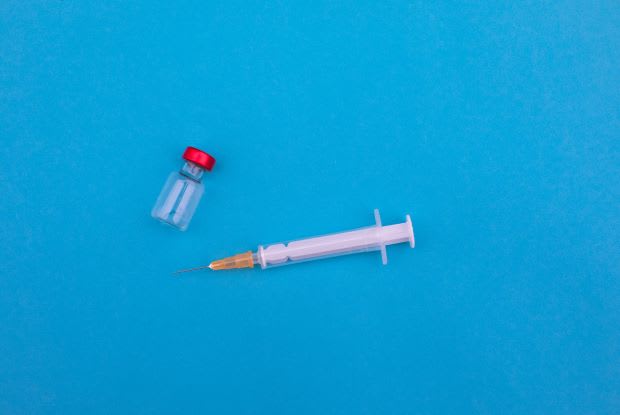Every man may experience erectile dysfunction from time to time. This is not the end of the world. ED is not necessarily cause for concern if it occurs periodically, but some men experience ED symptoms every time they have sex. There are several causes of ED, and it may take multiple diagnostic tests before the root cause is identified.
For some, a physical exam and questions about your medical history are all that are needed to diagnose ED. But you may need further tests or a consultation with a specialist if you have an underlying condition or chronic health issue.
Once your doctor has made a proper diagnosis, you may be prescribed erectile dysfunction pills. Lifestyle changes may also be necessary for improving symptoms of erectile dysfunction. 1 Read on to learn more about diagnosis techniques that you may experience when visiting your doctor about ED.
Your doctor consults hundreds of men a year about their erectile dysfunction. It is important to remember that tidbit of information whenever you feel nervous about discussing your sex life with a health professional. They will likely ask you personal questions to determine if any psychological or emotional issues are causing your ED. If there are any physical issues with the penis, it can affect your sex life significantly. The first step of the physical exam can be a little awkward but 100 percent necessary. Your doctor will likely check: If your doctor determines that there is no physical or psychological reason behind your ED, they will take a blood test. Several different health conditions can influence the development of ED. These conditions include diabetes, atherosclerosis, chronic kidney disease, and hormonal problems. If your diabetes condition is not well-controlled, the excess blood sugar in the body can affect your nerves and arteries. The arteries may narrow over time and reduce blood flow. 2 The same thing occurs with atherosclerosis when plaque builds up in the blood vessels and limits blood flow. It is essential to remain transparent with your doctor. Your doctor just wants to help you feel better, so if you are taking steroids for bodybuilding or something similar, let your doctor know. They will likely advise you to stop. Other hormonal issues can include increased prolactin levels in the system and too little or too much thyroid hormone (hyperthyroidism/hypothyroidism). 3
Physical & Mental Health Exam
Blood Test












